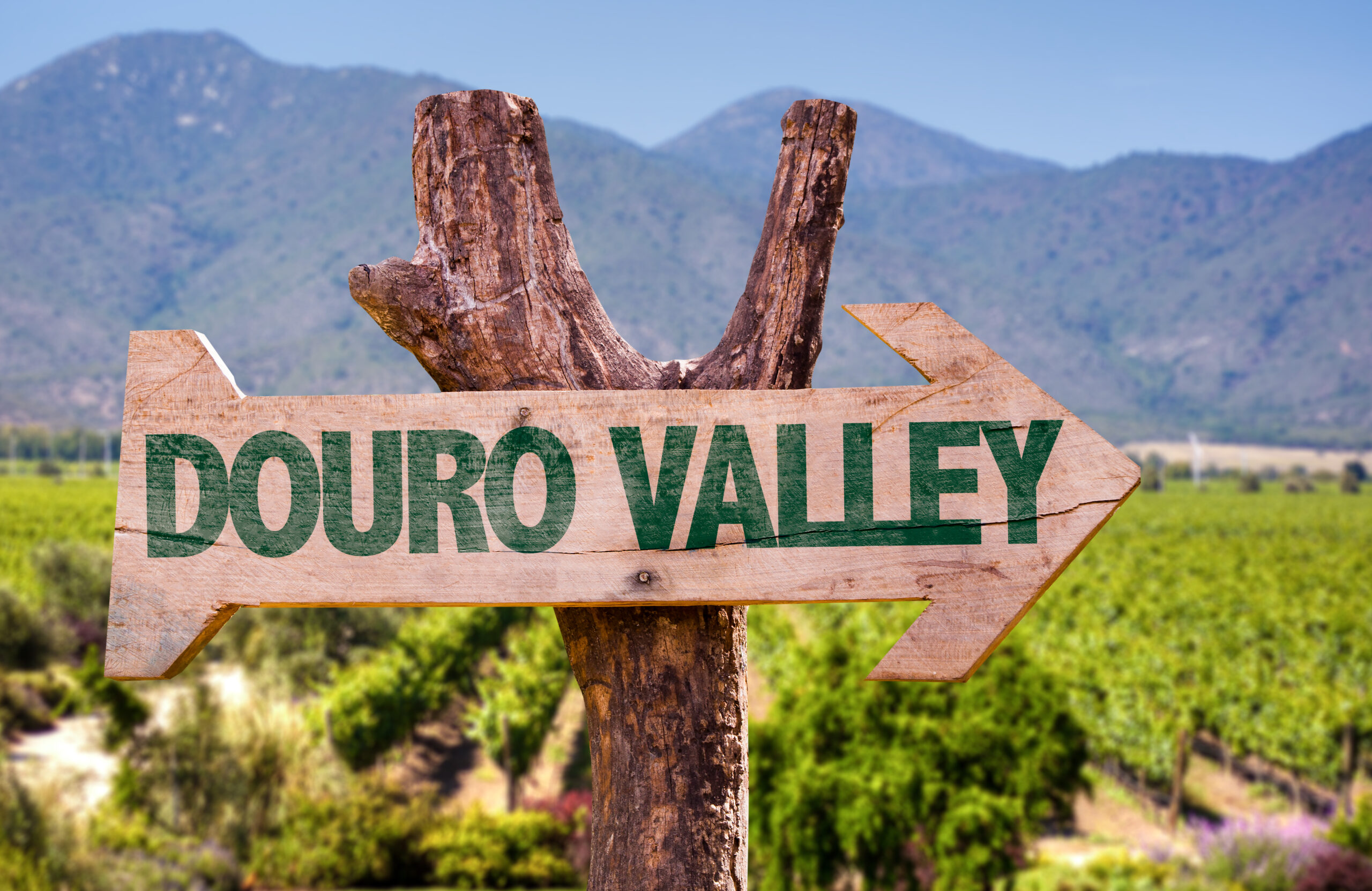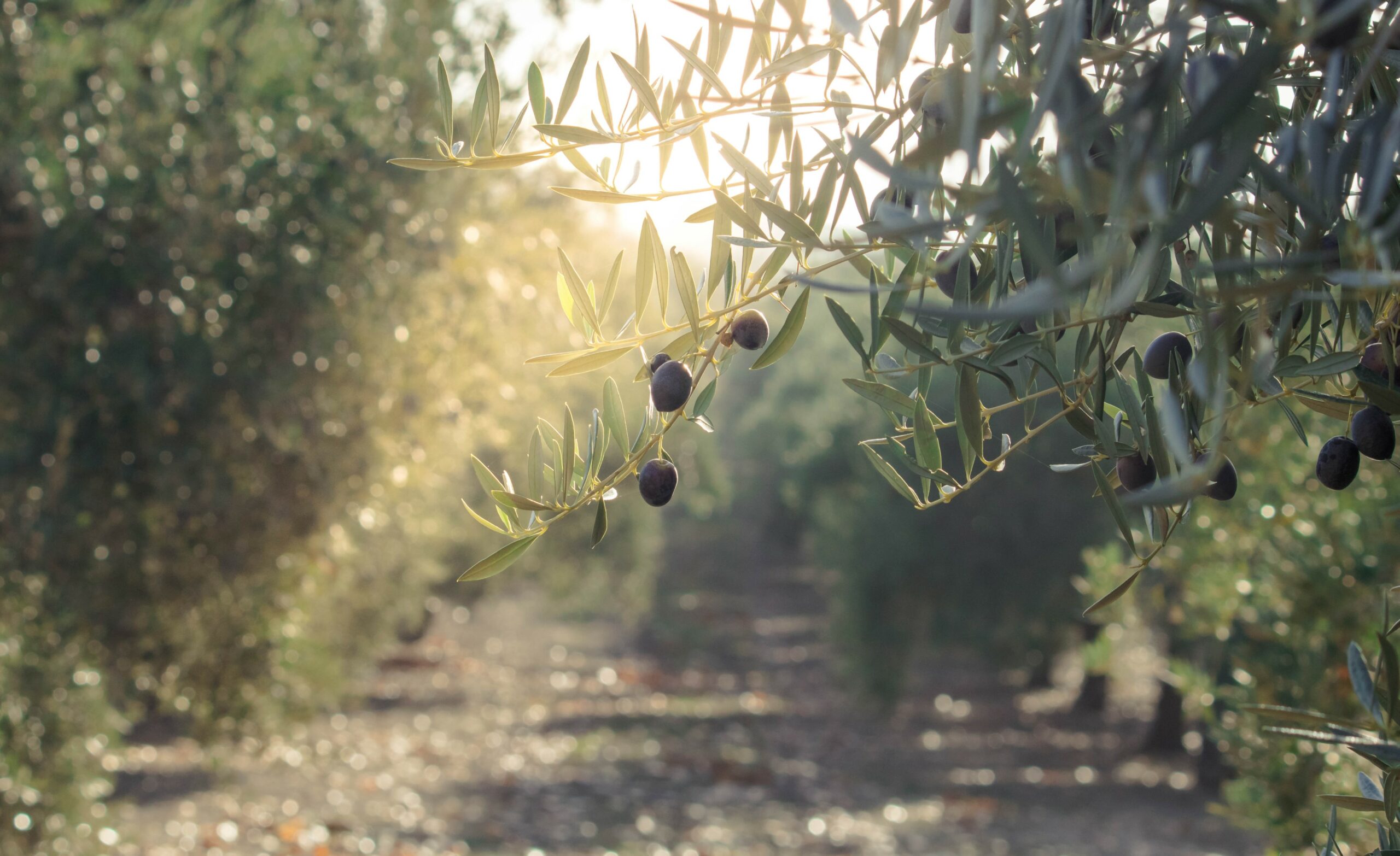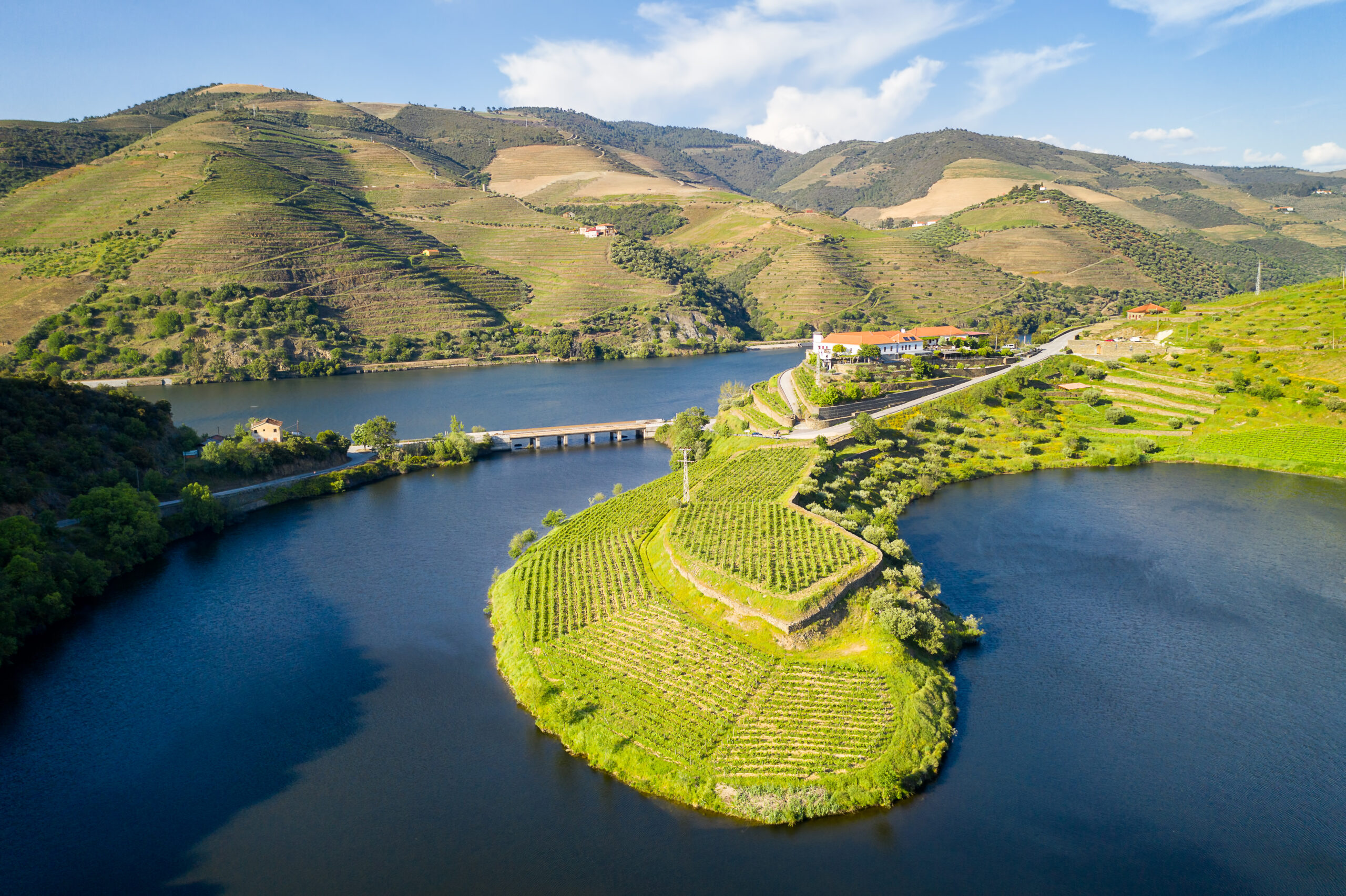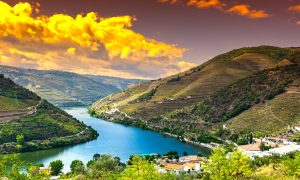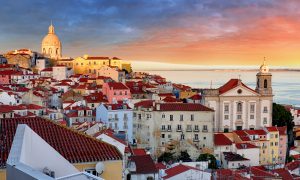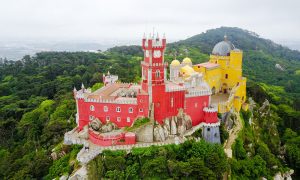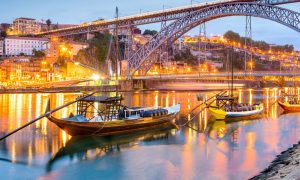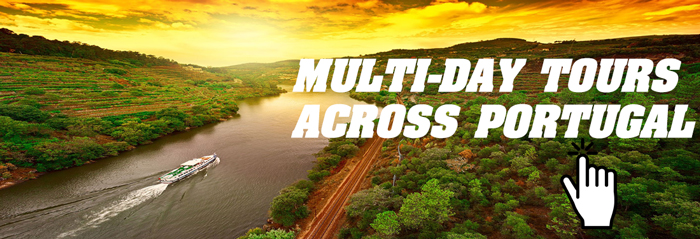The Golden Liquid: Unveiling Portugal’s Olive Oil Legacy ===
Portugal, a country known for its stunning coastline, captivating history, and mouthwatering cuisine, holds a rich olive oil tradition that has been passed down through generations. With its Mediterranean climate and fertile soils, Portugal has the perfect conditions for cultivating olives and producing high-quality olive oil. In this article, we will delve into Portugal’s olive oil heritage, exploring its ancient roots and the unique flavors that make Portuguese olive oil truly exceptional.
The Ancient Roots: Delving into Portugal’s Olive Oil Heritage
Dating back centuries, olive trees have been a part of Portugal’s cultural and agricultural fabric. The Phoenicians and Greeks were the first to introduce olive cultivation to the region, recognizing the country’s potential for producing olive oil. Over time, this precious golden liquid became an integral part of Portuguese cuisine and culture. Today, ancient olive groves showcasing gnarled and majestic trees can still be found scattered throughout the country, standing as a testament to Portugal’s enduring olive oil legacy.
In the Alentejo region, located in the south of Portugal, lies a hidden gem known as the Monsaraz Castle. This medieval fortress not only offers breathtaking views of the surrounding landscape but also serves as a backdrop to an olive oil museum. Here, visitors can learn about the history of olive oil production in the region, from the traditional methods used by local farmers to the modern techniques employed today. The museum also offers tastings, allowing visitors to savor the flavors of different olive oil varieties.
Another fascinating aspect of Portugal’s olive oil heritage can be found in Trás-os-Montes, a region in the northeast. Here, ancient olive groves are meticulously cared for by local farmers, who continue to follow traditional methods passed down through generations. The organic olive oil produced in Trás-os-Montes is valued for its authenticity, capturing the essence of the land and the expertise of those who have dedicated their lives to its cultivation.
When it comes to olive oil production, it is not only the ancient groves that contribute to Portugal’s legacy but also the modern advancements in technology and sustainability. In the region of Algarve, situated in the southernmost part of the country, olive oil producers have embraced innovative techniques to ensure the highest quality of their products. From state-of-the-art machinery that gently extracts the oil from the olives to eco-friendly practices, these producers are committed to preserving Portugal’s olive oil heritage for future generations.
In recent years, Portugal’s olive oil industry has gained international recognition for its superior quality and unique characteristics. The country’s diverse microclimates and olive varieties result in a wide range of flavors and aromas. From the delicate and fruity oils of the north to the robust and peppery oils of the south, Portuguese olive oil offers a taste experience like no other. The distinctive flavors are a reflection of the terroir, capturing the essence of the land, climate, and the meticulous work of the farmers.
===CONCLUSION: ===
Portugal’s olive oil heritage is a treasure that has been carefully nurtured over centuries. The ancient roots of olive cultivation, combined with modern advancements in technology and sustainability, have allowed Portugal to produce some of the finest olive oils in the world. From the rolling hills of Alentejo to the rugged landscapes of Trás-os-Montes, each region contributes its unique flavors and aromas to the golden liquid that is Portuguese olive oil. With its rich history, captivating landscapes, and unrivaled taste, exploring Portugal’s olive oil legacy is a journey worth embarking on for every food enthusiast and lover of culture. So, grab a bottle of Portuguese olive oil, drizzle it over a fresh salad or a slice of crusty bread, and let the flavors transport you to the sun-kissed groves of this Mediterranean paradise.

Gonzalo
Founder/Owner of The Lisbon Guide, one of the major blog references in Portugal, established in 2014 and receiving every year 250.000 visitors from all over the world, looking to provide the best experiences in Portugal. In partnership with Portugal Magik for all private tours and transfers across Portugal, Gonzalo loves a good seafood meal at Monte Mar Cascais, and all from Michelin Chef Avillez. Favorite Hotel in Lisbon/Portugal, Penha Longa Resort by Ritz Carlton.
For over 15 years, Gonzalo have been helping thousands of travelers yearly to plan a perfect trip to Portugal. Based in Lisbon/Cascais and working in this field for over 20 years, with multiple ongoing projects. Also an avid TripAdvisor user level 6 with more than 300.000 readers worldwide.
Many years working also as a Private Guide of Lisbon, Sintra, Fatima, Porto, Douro Valley, Evora, and other locations in Portugal.


